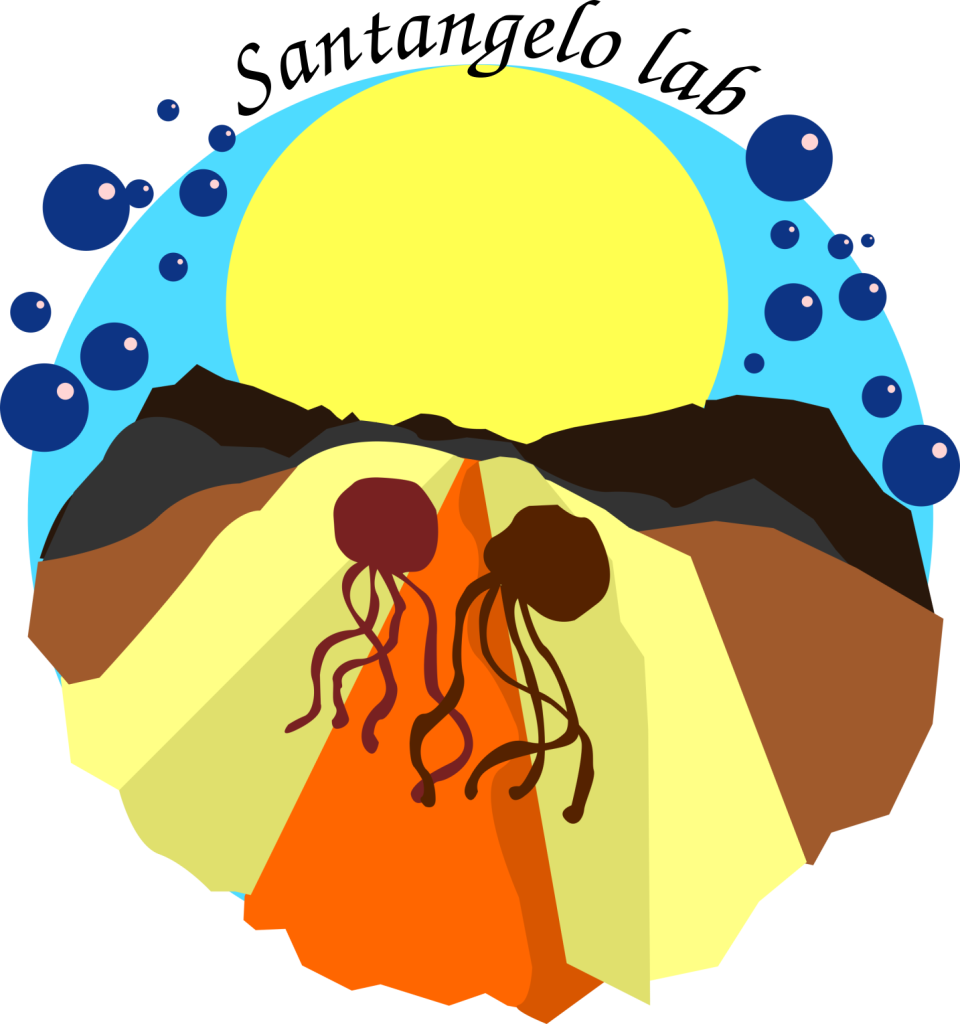
Archaea are often referred to as extremophiles because many inhabit environments previously thought to be inhospitable. Thermococcus kodakarensis is a heat-loving archaeon that thrives at temperatures up to 95oC, which would melt the average human.
We use a combination of biochemical, genetic, and computational approaches to empirically define the rules of thermophily using Thermococcus as a hyperthermophilic model species.

HOT SCIENCE

Loki’s Castle
Puzzling, slow-living microbes named after Loki, the trickster of Norse mythology, are helping solve one of evolution’s biggest mysteries: the origin of complex life.”

Do Archaea cause disease?
“There is no inherent reason why Archaea should not be involved in diseases. There is no fundamental biological or ecological barrier,” said Torsten Thomas, a microbiologist at the University of New South Wales in Sydney, Australia. “It has been talked about in the scientific community for many years but nobody has really studied the reasons for the existence or nonexistence of pathogenic Archaea.”

Are there 2 or 3 Domains of life?
“The origin of eukaryotes represents a milestone in the evolution of life… A phylogenomic re-analysis of sequence data strongly supports the emergence of eukaryotes from within the archaeal.”

News & Events

T-shirt design winner
Huge thanks to all who participated. We had more than 30 entries! The votes are in and Aldy’s sticker design wins by a wide margin!

The lab grows evermore
We welcome 3 new graduate students to the lab this year: Alex Alon, Alina Gaylon, and Liam Elkins.

Breaking news!
Thermococcus inbound! Threatens to destroy earth!! Experts advise taking shelter while scientists attempt communication.
Santangelo Lab
Powered by WordPress
